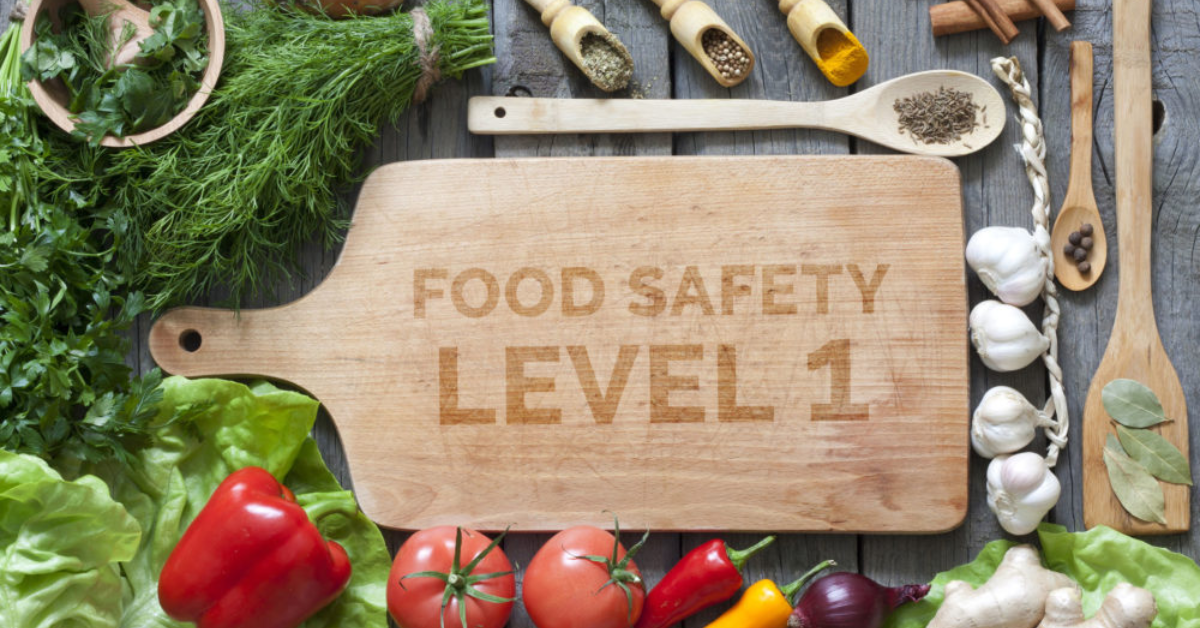Food Hygiene Course in Singapore: Safeguarding Health and Elevating Food Standards
In Singapore, where food culture is deeply embedded in everyday life, the demand for high standards in food safety is higher than ever. Whether it’s a humble hawker stall, a high-end restaurant, or a home-based food business, food safety is non-negotiable. That’s why enrolling in a Food Hygiene Course is not only a requirement but a crucial step for anyone in the food and beverage (F&B) industry.
Why Food Hygiene Matters
Singapore has one of the most diverse and vibrant food scenes in the world, but with that also comes responsibility. Poor hygiene practices can result in foodborne illnesses, contamination, and even business closure. Given Singapore’s strict food safety laws and regulations, maintaining hygiene is more than just cleaning; it’s about understanding systems, risks, and proper handling techniques.
The Singapore Food Agency (SFA) mandates that all food handlers must complete a basic food hygiene training before working. This is to ensure a safe and healthy environment for consumers, which ultimately builds trust in the F&B industry. Whether you’re preparing drinks, cooking meals, or handling raw ingredients, being trained through a Food Hygiene Course empowers you to do your job responsibly.
Who Needs a Food Hygiene Course in Singapore?
Anyone who is involved in the preparation, handling, or service of food needs to be certified. This includes:
-
-
Hawkers and food stall assistants
-
Restaurant and café staff
-
Catering teams
-
Hotel kitchen workers
-
Central kitchen operators
-
Home-based food entrepreneurs
-
Even temporary staff and part-time workers are expected to complete the course. For entrepreneurs, having this certification not only fulfills a legal requirement but also adds credibility and professionalism to their business.
Additionally, supervisors and managers can take advanced food hygiene training to understand how to implement food safety systems and monitor their teams effectively. This creates a safer working environment and reduces the risk of compliance issues.
Course Structure and What You Will Learn
A typical Food Hygiene Course in Singapore covers foundational food safety concepts. It’s structured to ensure that both beginners and those with industry experience understand and can apply essential hygiene practices. Key areas include:
-
-
Personal Hygiene: Proper handwashing, wearing clean attire, and avoiding actions that lead to contamination.
-
Food Handling: Correct storage, thawing, cooking, and serving techniques.
-
Cleaning & Sanitation: How to clean surfaces and tools to prevent bacterial growth.
-
Cross-contamination Prevention: Separating raw and cooked foods, using color-coded equipment, etc.
-
Waste Management: Safe disposal methods to avoid pest infestations.
-
Pest Control: Spotting signs of pests and taking appropriate action.
-
Most courses also emphasize local food laws and inspection requirements, preparing trainees not just to meet basic standards but to exceed them.
After the course, participants are assessed through a theory test and sometimes a practical component. Upon passing, they receive a Statement of Attainment (SOA), which is recognized under the Singapore Workforce Skills Qualifications (WSQ) framework.
Validity and Renewal
The certification received after completing the Food Hygiene Course is valid for five years. To maintain compliance, food handlers must attend a refresher course before their certificate expires. This ensures that everyone in the food industry stays updated on the latest food safety practices and legislative changes.
Failure to renew the certification can lead to penalties, including being barred from working in any food handling position. Therefore, it’s critical for both individuals and employers to track expiry dates and schedule timely renewals.
Benefits of Taking a Food Hygiene Course
Besides legal compliance, taking a Food Hygiene Course offers several professional and personal advantages:
-
-
Career Advancement: Employers look for certified staff, and those with up-to-date knowledge are more likely to be considered for promotions or supervisory roles.
-
Business Credibility: For entrepreneurs and home-based food sellers, being certified signals quality and builds trust among customers.
-
Consumer Confidence: With rising awareness of food safety, consumers are more likely to choose businesses that prioritize hygiene.
-
Reduced Risk of Incidents: Proper training reduces the risk of food poisoning, complaints, and negative reviews.
-
Improved Workplace Culture: When hygiene is prioritized, the entire team becomes more efficient and responsible.
-
Choosing the Right Training Provider
Not all training is equal. When choosing where to take your Food Hygiene Course, look for providers accredited by SkillsFuture Singapore (SSG) and the Singapore Food Agency (SFA). A good provider will offer:
-
-
Certified trainers with real-world experience
-
Hands-on practice and demonstrations
-
Clear, easy-to-understand learning materials
-
Reasonable class sizes for better interaction
-
Convenient scheduling (weekends, evenings, or online options)
-
Courses should be conducted in languages you’re comfortable with—many providers offer training in English, Mandarin, Malay, and Tamil.
A Step Toward a Safer Singapore
Food safety is not the sole responsibility of authorities—it’s a shared responsibility that includes every chef, assistant, cleaner, and business owner. The Food Hygiene Course is the foundation of that shared responsibility. It ensures that everyone who touches food in any capacity knows how to do so safely.
As Singapore continues to innovate in the F&B sector—through cloud kitchens, food delivery platforms, and sustainable food production—food hygiene remains a core pillar of success. Consumers trust businesses that prioritize health, and the only way to earn that trust is through ongoing education and commitment.
Final Thoughts
The importance of a Food Hygiene Course in Singapore cannot be overstated. Whether you’re just entering the F&B industry or have years of experience, this course is a vital part of staying compliant, competitive, and capable. It prepares individuals to meet national standards and contributes to the overall integrity of Singapore’s beloved food culture.
Food hygiene is more than just washing hands—it’s about responsibility, knowledge, and pride in the service you provide. In a country where food is both a passion and a livelihood, proper training is the first ingredient to success.







